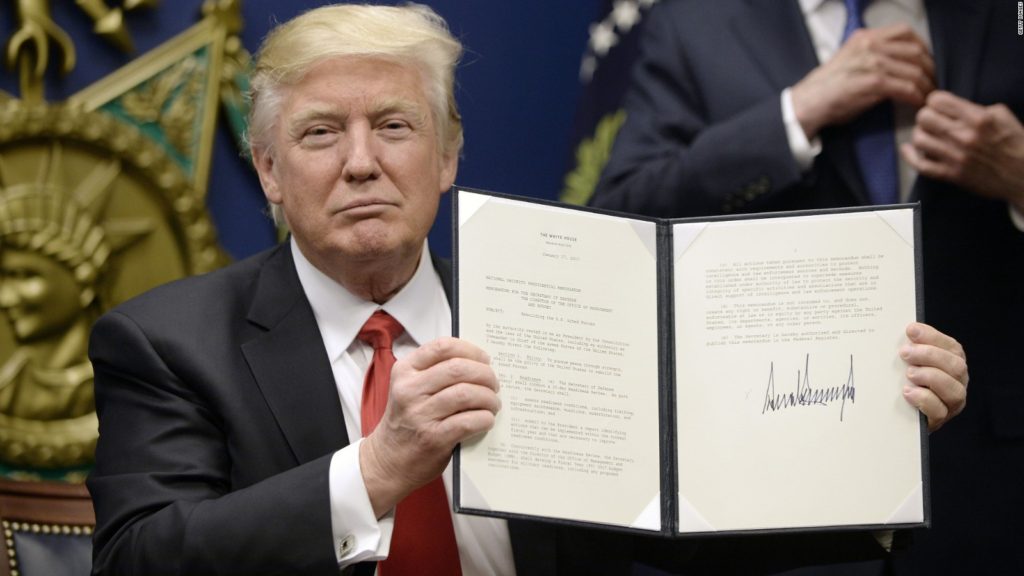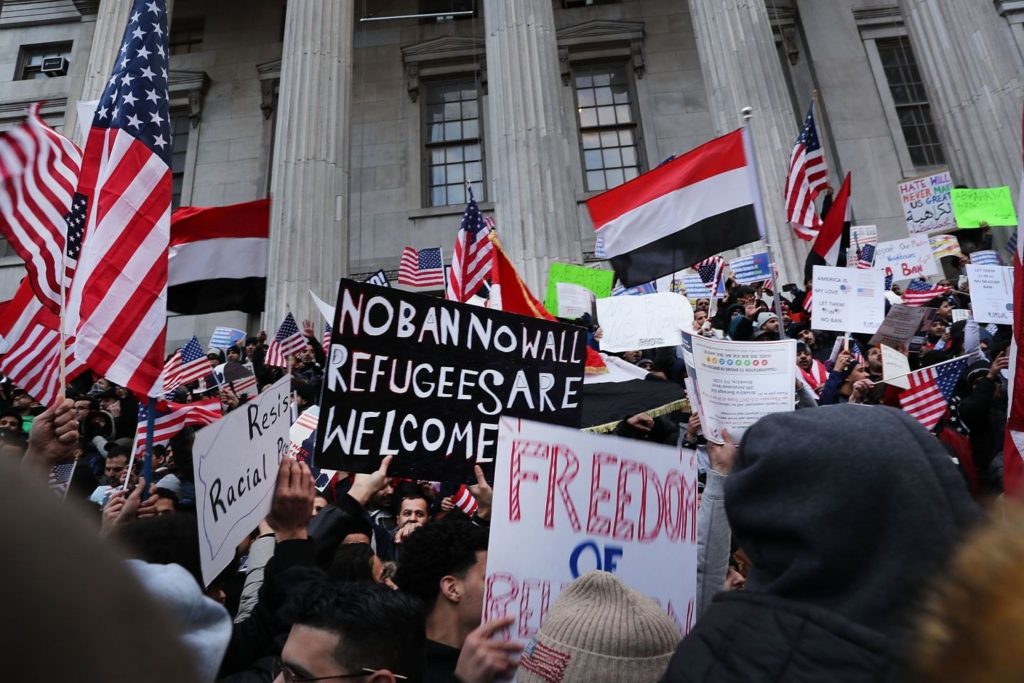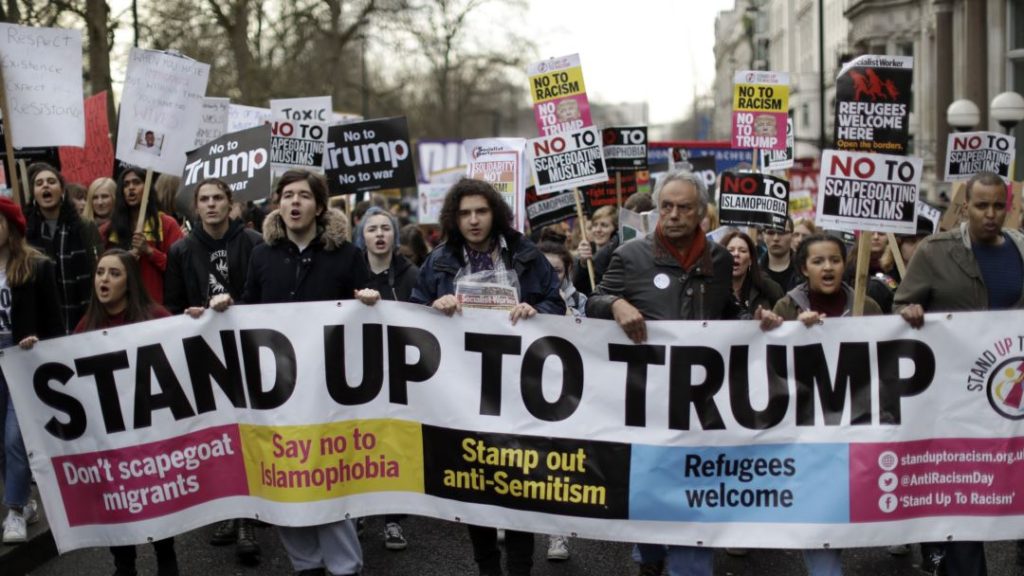A split U.S. Supreme Court decided to allow President Donald Trump’s travel ban go into full effect while legal proceedings move forward. The court will uphold the restriction, for now, affecting individuals from six mostly-Muslim countries even if they have a relationship with an American person or institution.

This past June, judges came to an agreement and partially allowed the ban. However, they exempted those with a “bona fide” connection to the United States, making their latest decision a turning point in Trump’s tenure as POTUS.
Six predominantly Muslim nations got restricted from entering the United States: Syria, Iran, Libya, Chad, Yemen, and Somalia. People from North Korea are also affected by this travel ban, along with some government officials from Venezuela.

Two Federal courts will hear arguments within the week since the Supreme Court does not handle legal challenges directly. The high court’s current term ends in June, so there is a limited time to make a ruling on an appeal of the ban.
This new version of the travel ban announced September 24th, was, according to Trump’s administration, put in place after thorough reviewing of vetting procedures on a country-by-country basis. The Department of Homeland Security, however, can remove or add travel restrictions if needed.
This issue sparked national outrage since it first came to light earlier this year, with marches throughout the entire country. Those who are against Trump’s travel ban believe he is targeting Muslims and violating the Constitution by using Federal immigration policies to fulfill his hateful agenda.

This article was inspired by TheHill // Supreme Court allows full Trump travel ban to take effect
